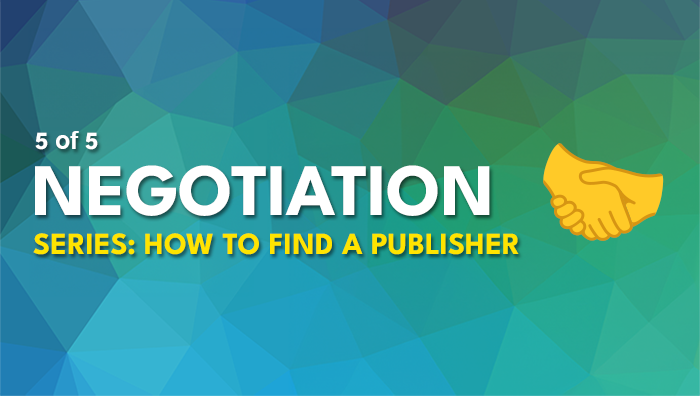Negotiating with Game Publishers (5/5)
Before we begin, I should remind you that I'm not a lawyer. So this isn't legal advice. Instead, this video will take you through common developer questions and sticking points that I saw come up during my time at Armor.
Do You Need a Lawyer (0:17)
TLDR; Yes, you should have a lawyer review your contract before you sign anything.
What are Recoup and Rev-Share (1:18)
Simply put, recoup is the amount of money fronted by the publisher, some or all of which will need to be repaid out of the game's sales. Rev-share is the model by which you'll split profits with the publisher. The video goes covers my recommended model that allows the developer to earn some money while the game is still recouping.
Rights to Sequels (4:34)
Some publishers will ask for rights to any sequels to the game you're pitching. This is because a lot of risk, time, and money goes into developing an IP and some publishers want assurance that if they nurture something big they have an opportunity to be involved in sequels as the publisher who took a chance on you when others wouldn't.
That being said, I'm personally not a fan of this because I'd like the relationship to be so strong and do so well that the developer naturally wants to continue working with. I do see both sides. Click here for more detail.
Term of the Contract (5:57)
Many publishers will ask for a perpetual term, meaning you license your game to them forever. Depending on the makeup of your studio, this may be exactly what you need. A publisher who will look after your game forever, making sure it gets into sales and finds post-launch deals like Humble Bundles, Amazon Prime Gaming, or Xbox Game Pass.
Other teams prefer a shorter term, such as 5 years after launch, because they want to take a more hands-on approach to managing their catalog. Both are valid so it's worth considering which suits the goals of your studio/team the best.
Watch the full video for with some additional detail and tips than is covered above.
